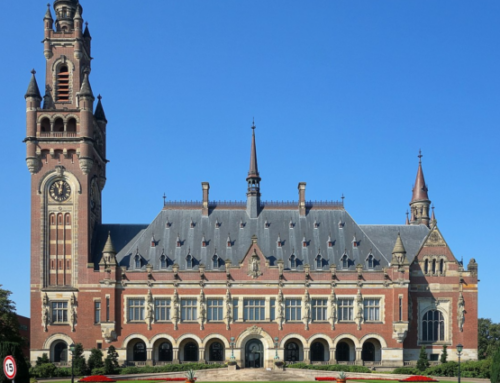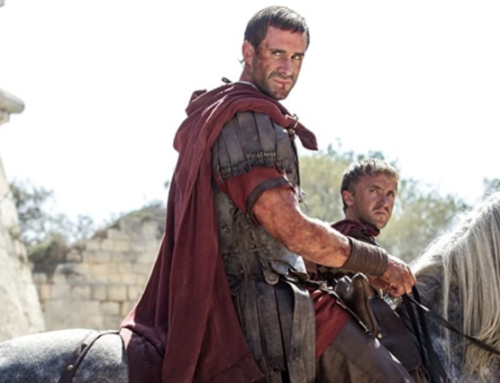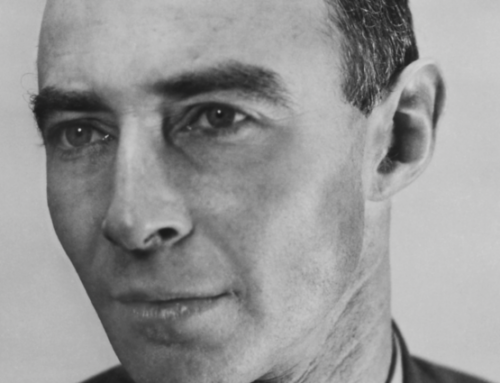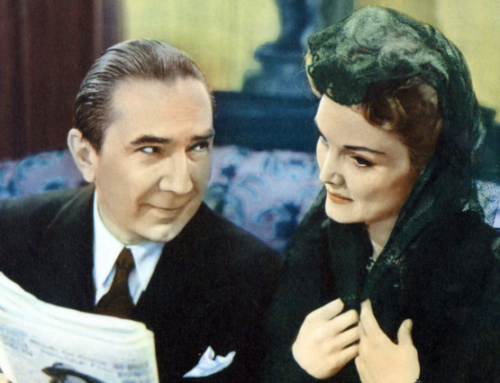
It is an ancient and almost forgotten Pushtoon tradition that should be embraced by Americans immediately and enthusiastically. So, consider it a little Christmas gift from Afghanistan.
And why not? Like Christians, Muslims also venerate Hazrat-sahib Issa (Jesus) and Bibi Miriam (the Virgin Mary), so Christmas can be a shared celebration even if the two religions hold different perspectives on the principal characters of the Nativity. But enough of this—it is time to unwrap the present.
It’s called a camel-step and it works like this, no batteries required.
Let us say that you are an Afghan of some importance, a local khan or squire, and someone does the dirty on you. Because it’s Afghanistan, an ancient place full of big families and thus devoid of secrets, everyone gets to know about it.
You cannot afford to ignore the affront for then you appear to be stupid, weak or cowardly and your prestige and influence diminishes accordingly. You could send your retainers to kill your betrayer, but contrary to rumours spread by the British to justify three wars lost, Afghans are rarely bloodthirsty, are normally soft-hearted and cannot even bring themselves to kill a suffering animal. Besides, killing a deserving scoundrel sometimes kicks off a blood-feud of family retribution that can quite easily result in a century or more of reciprocal slaughter—as it did with the tribal Scots a few centuries back. So what to do?
Just possibly there are Afghans still alive who have seen this, and certainly old people know of it: the camel-step. My friend, the great freedom-fighter Abdul Haq who was betrayed by the CIA in order to be slain by the Taliban, told me how it worked.
You, the offended khan, invite the miscreant to tea outdoors under a big leafy tree, making certain that you have a few burly cousins about. The offender suspects that something may be afoot, but since you are a khan he shows up anyway and puts on a brave face, pretending that there is no problem between you two. Somewhere between the second and third cup of green tea, you explain what you know and how you know it. The offender gulps nervously. But then, as grandly as you can, you note that both of you are Muslims, Afghans and Pushtoons after all, moreover you are a decent chap and so his quite unexplainable act of treachery or betrayal will be all forgotten if he ‘gives you a camel step.’
Boxed in, left with no acceptable alternative, the offender shuffles to his feet, looks around in vain for some potential distraction and finally, reluctantly, drops his pants. He sits down in the dust, stands up again, pulls up his baggy pantaloons and you two embrace and say nice things about one another that neither of you really believes. Then he goes on his way, quite confident in your honour and his safety for he has given you a traditional camel-step, and few Afghans fail to respect tradition.
Your offender has left behind a butt-print in the dust. It is bigger than a camel’s hoof-print of course, but the two look quite similar. Now the fun begins.
You point out your offender’s camel-step to your burly cousins and anyone else passing by. Stifling laughter, they comment on its clear definition in the dust, the degree to which it does or does not resemble a camel hoof-print, and of course its size, shape and symmetry cheek-to-cheek. Next, your wife and other family womenfolk troop out of your compound to have a look and a laugh. By then the oldest people hobble out to discuss how this butt-print compares to other butt-prints within human memory, and one of them opines on famous butt-prints of epochs long past.
“There were those 18th Century camel-steps,” pronounces great-grandpa authoritatively, “that our ancestor collected from the Walikhel tribe at the time of King Ahmed Shah Durrani, but people had smaller buttocks in those days. This one is surely a trophy butt-print of legendary size.” Everyone listens and nods thoughtfully in between giggle-fits.
Because Pushtoons adore poetry, your cousin, a particularly untalented amateur, tinkers with rhymes as he composes an heroic ode: “Roses are red, violets are blue, boy what a butt-print we took off of you!” Cue for more smirks and chuckles.
By lunchtime, people arrive from neighbouring villages to eat and drink tea, admire the butt-print and be regaled by your relatives explaining how adroitly you confronted the offender. You make a bashful but graceful wave of the hand, implying that for a khan such as yourself this is a mere bagatelle of a camel-step. Young boys prance about and make faces, replicating the look of the offender when he realised that he had to drop his pants. Women bring out more food and more tea, for this merriment will continue until nightfall at least.
If there is neither wind nor rain, a good camel-step may last for several days, allowing you almost a week of enjoyment from throwing little get-togethers for friends and relations from up to one hundred miles away. By then, of course, the entire province knows of your offender’s treachery, of your magnanimity, and of the all-important physical and aesthetic details of the butt-print itself.
Fifty years later, your former offender may sit at a village jirga—a community council where everyone speaks equally regardless of wisdom, wealth or patrimony. If he gets too uppity, you may depend upon someone in the back row complimenting him on the size of that butt-print that he made five decades back. The community will roar with laughter, for among Pushtoons nothing elicits merciless teasing as much as someone getting too big for his britches.
Of course, this is tradition at its merry finest, using peaceful ridicule to enforce justice and community standards.
Here in Afghanistan, we hope that our American brothers and sisters will rush to employ this tradition offered as our humble Yuletide gift. First, it is vulgar enough to have appeared in an old John Belushi movie, a frat-house or both (“Bummer! Dean Wormer made me give him a camel-step!”)—thus you will enjoy it as much as we do. Second, Americans seem so easily upset by anything nowadays. Afghans puzzle over reports of so-called road-rage and the relentless anger and bad words spewed over American television: perhaps some levity can calm you down yet still reinforce good values.
You can modify our tradition to accommodate your modern Western culture so sadly deprived of close communities and big families. Our Afghan craftsmen agree to make for you little wooden sandboxes in which your scoundrels can be made to leave their butt-prints at shopping malls, city halls and town squares or even on television programmes. They will even make extra-large, economy-sized ones to accommodate the bigger ‘camel steps’ from your fat-keistered public officials.
Your frustrated, hard-working, law-enforcement officials will relish making convicted juvenile delinquents drop trousers and leave a camel-step for the benefit of local cable-television audiences. Laughed at by their peers, the humiliated teens will rarely offend again.
Your communities will be reinvigorated and reunited as you find some appropriate, distinctly American mechanism for choosing which public figures will be made to leave a ‘camel-step’—by nominating candidates on a roster at city hall, phoned in to radio talk-show polls, or perhaps online through Twitter or Facebook. You may even wish to subdivide and thus multiply the practice into categories for the most unpopular figures in sports, media, politics and so forth.
This will give you many months of pleasure, year upon year. You will resume dining together as families, arguing good-naturedly over who is next in American Butt-print Bingo. Dad wants Ben Bernanke, Mom wants the chairman of the town Board of Education, teenaged Johnny wants a really obnoxious local radio host and his sister Sue targets the rotten boy who wouldn’t invite her to the Junior Prom. Fortunately, camel-steps may be demanded at community, state and national levels so everyone has a chance at merry malice.
Afghans know that you send us your most unworkable, contradictory and conflicting policies and dim, unpalatable officials, but we realise that you must put up with the same indignities at home so no harm is intended. Afghans think that Americans are kind and vastly generous people, even if a bit screwy, and although Afghanistan is poor and at war for the time being, we want you to be strong, peaceful and happy. Really.
So, think about adopting ‘camel steps,’ will you please?
Books on the people and topics discussed in this essay may be found in The Imaginative Conservative Bookstore. The Imaginative Conservative applies the principle of appreciation to the discussion of culture and politics—we approach dialogue with magnanimity rather than with mere civility. Will you help us remain a refreshing oasis in the increasingly contentious arena of modern discourse? Please consider donating now.







This may mean the end of small claims court and late night toll free attorneys!
I love it!! I have several nominees for whom a round of merry ridicule might prove quite salubrious. May the tradition be introduced to the New Barbarians.